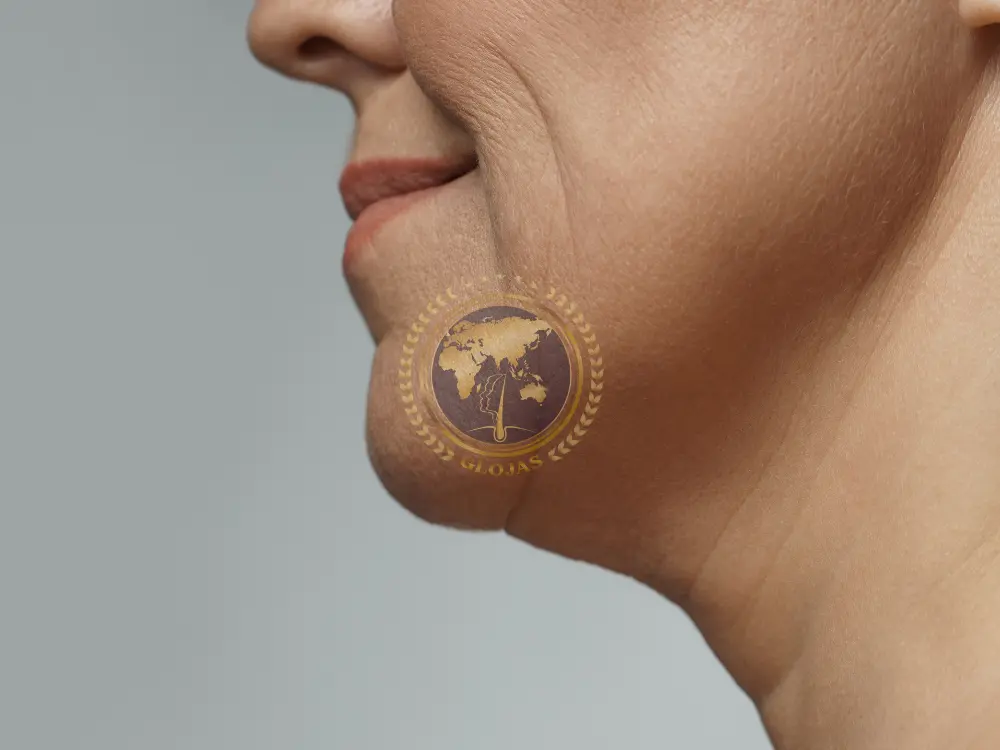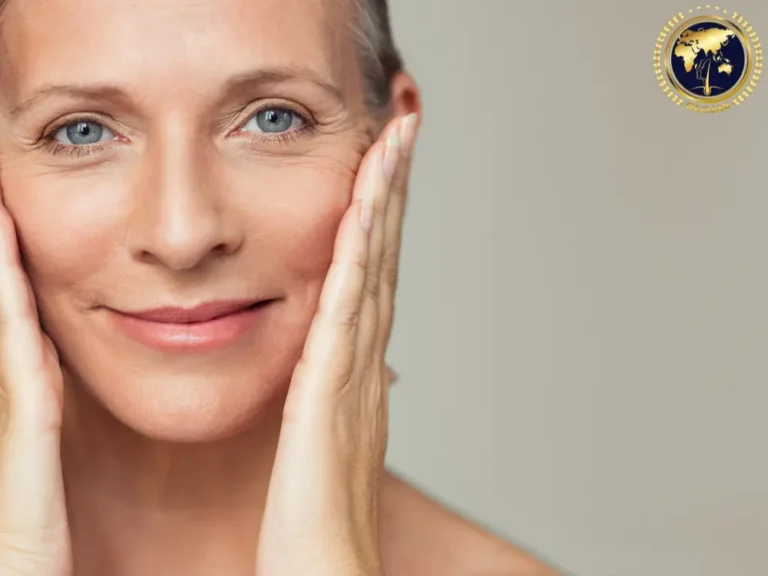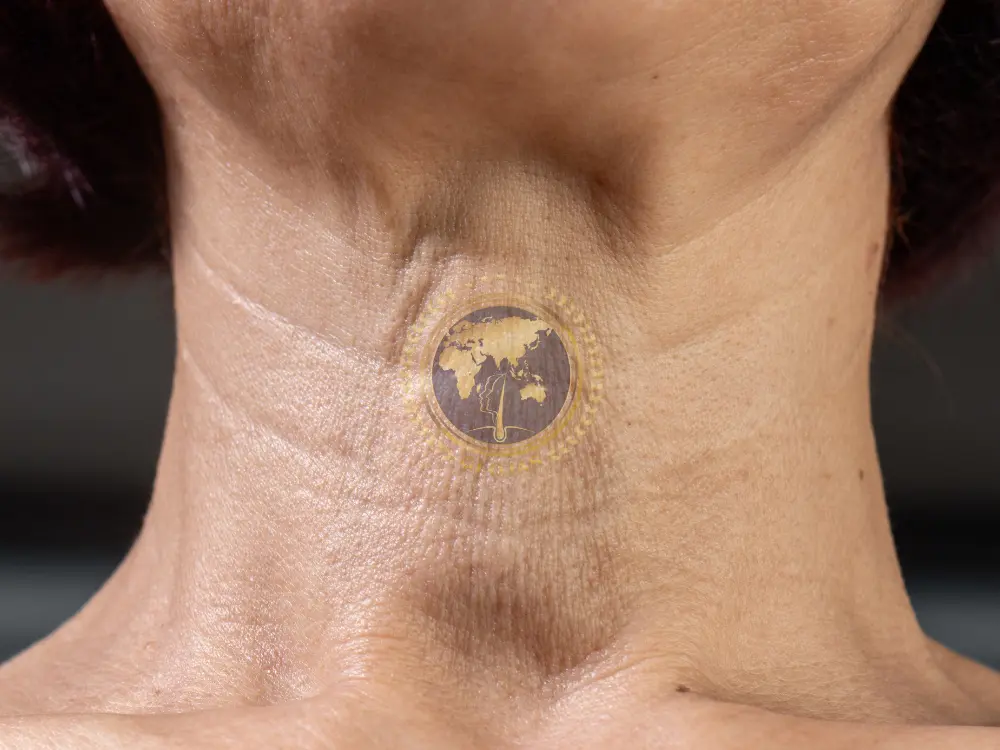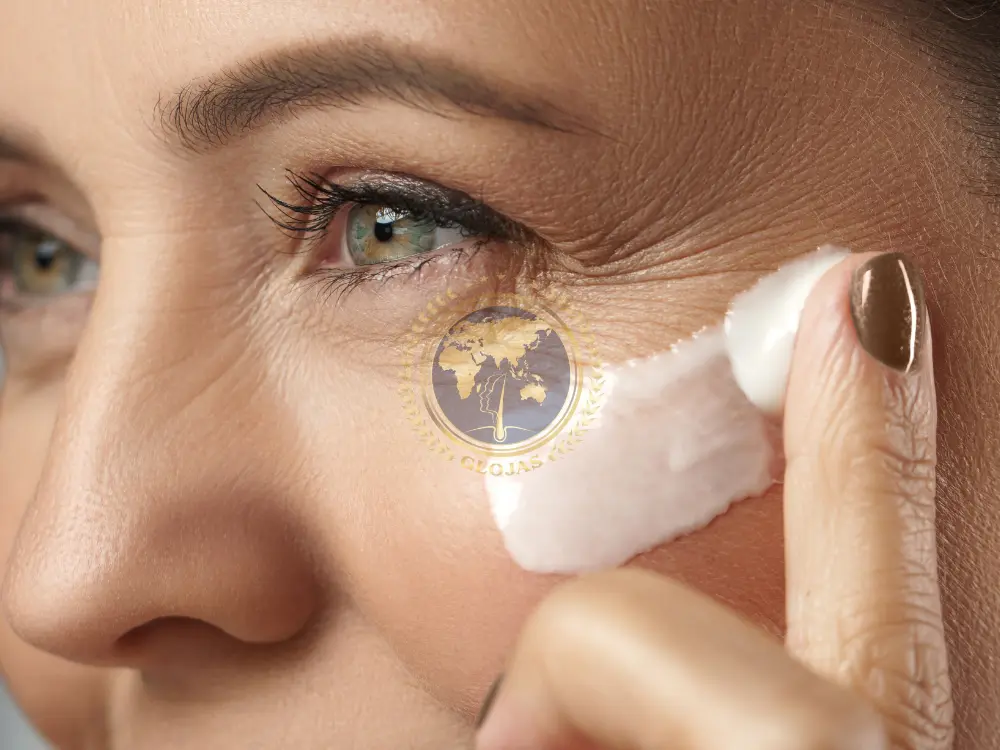Aging skin is a natural part of getting older, but that doesn’t mean you have to resign yourself to a dull, tired complexion. There are numerous strategies and treatments available to help you maintain a youthful, glowing appearance. In this article, we will explore seven effective strategies to combat aging skin, providing you with practical tips and insights on how to restore and preserve your skin’s vitality. Whether you’re in your 30s, 40s, 50s, or beyond, these tips will help you keep your skin looking its best.
Understanding Aging Skin: What Happens as We Age?
As we age, our skin undergoes several changes that contribute to the visible signs of aging, such as wrinkles, fine lines, and sagging. These changes are primarily due to the breakdown of collagen and elastin, two proteins responsible for skin elasticity and firmness. Additionally, the skin’s ability to retain moisture decreases, leading to dryness and a dull complexion. The cumulative effects of sun exposure, environmental pollutants, and lifestyle factors also play a significant role in accelerating the aging process.
The Role of Collagen and Elastin in Aging Skin
Collagen and elastin are the building blocks of youthful skin. Collagen provides structure and support, while elastin allows the skin to bounce back after stretching. As we age, the production of these proteins slows down, leading to the development of wrinkles and loss of skin firmness. To combat aging skin, it’s essential to focus on strategies that boost collagen and elastin production.

1. Prioritize Sun Protection: Your Best Defense Against Aging Skin
One of the most important steps in preventing and combating aging skin is protecting it from the sun’s harmful UV rays. Prolonged sun exposure is the leading cause of premature aging, often referred to as photoaging. UV rays break down collagen and elastin, leading to wrinkles, dark spots, and an uneven skin tone.
How to Protect Your Skin from the Sun
- Use Sunscreen Daily: Apply a broad-spectrum sunscreen with an SPF of at least 30 every day, even on cloudy days. Reapply every two hours if you’re outdoors.
- Wear Protective Clothing: Long sleeves, wide-brimmed hats, and sunglasses can provide additional protection from the sun.
- Seek Shade: Whenever possible, stay in the shade during peak sun hours, typically between 10 a.m. and 4 p.m.
2. Hydrate Your Skin: The Key to a Youthful Glow
As we age, our skin’s ability to retain moisture diminishes, leading to dryness and a loss of radiance. Hydrated skin looks plumper and more youthful, which is why moisturizing is crucial in any anti-aging skincare routine.
Best Practices for Hydrating Aging Skin
- Choose a Rich Moisturizer: Opt for a moisturizer with ingredients like hyaluronic acid, glycerin, and ceramides, which help lock in moisture and strengthen the skin barrier.
- Use a Hydrating Serum: Incorporating a hydrating serum, especially one with hyaluronic acid, can provide an extra boost of moisture to your skin.
- Avoid Harsh Cleansers: Use gentle, hydrating cleansers that won’t strip your skin of its natural oils.
3. Incorporate Antioxidants: Protect Your Skin from Damage
Antioxidants are powerful allies in the fight against aging skin. They help protect the skin from free radical damage, which is caused by environmental factors like pollution, UV rays, and stress. Free radicals accelerate the aging process by breaking down collagen and elastin.
Top Antioxidants for Aging Skin
- Vitamin C: Known for its brightening and collagen-boosting properties, vitamin C is a must-have in any anti-aging skincare routine.
- Vitamin E: This antioxidant helps to protect the skin from UV damage and supports skin repair.
- Green Tea Extract: Rich in polyphenols, green tea extract can soothe the skin and reduce inflammation.
4. Embrace Retinoids: The Gold Standard for Anti-Aging
Retinoids, a derivative of vitamin A, are widely regarded as one of the most effective treatments for aging skin. They work by speeding up cell turnover, boosting collagen production, and reducing the appearance of fine lines and wrinkles.
How to Use Retinoids for Aging Skin
- Start Slowly: If you’re new to retinoids, start with a lower concentration and gradually increase as your skin builds tolerance.
- Apply at Night: Retinoids can make your skin more sensitive to the sun, so it’s best to use them as part of your nighttime routine.
- Moisturize: Follow up with a good moisturizer to prevent dryness and irritation.
5. Exfoliate Regularly: Reveal Fresh, Radiant Skin
Exfoliation is essential for maintaining smooth, youthful-looking skin. As we age, the rate at which our skin sheds dead cells slows down, leading to a dull, uneven complexion. Regular exfoliation helps remove these dead cells, revealing the fresh, new skin underneath.
Best Exfoliation Practices for Aging Skin
- Use a Gentle Exfoliator: Choose a mild exfoliant that won’t be too harsh on your skin. AHAs (alpha-hydroxy acids) like glycolic acid and lactic acid are excellent for aging skin.
- Exfoliate 1-2 Times a Week: Over-exfoliating can lead to irritation, so stick to once or twice a week to keep your skin smooth and radiant.
- Follow with Hydration: Always moisturize after exfoliating to replenish the skin’s moisture barrier.
6. Stay Hydrated from Within: The Importance of Diet
What you put into your body is just as important as what you put on your skin. Staying hydrated by drinking plenty of water and eating a balanced diet rich in antioxidants, vitamins, and minerals can significantly impact the health and appearance of your skin.
Diet Tips for Aging Skin
- Drink Plenty of Water: Aim for at least 8 glasses of water a day to keep your skin hydrated from within.
- Eat Antioxidant-Rich Foods: Incorporate foods like berries, leafy greens, nuts, and seeds into your diet to help fight free radical damage.
- Include Omega-3 Fatty Acids: Found in fish, flaxseed, and walnuts, omega-3s help maintain the skin’s lipid barrier and reduce inflammation.
7. Professional Treatments: Boost Your Anti-Aging Routine
In addition to your at-home skincare routine, professional treatments can provide a significant boost to combat aging skin. Treatments like chemical peels, microdermabrasion, and laser therapy can address specific concerns such as wrinkles, hyperpigmentation, and sagging skin.
Popular Professional Treatments for Aging Skin
- Chemical Peels: These treatments use acids to exfoliate the skin and promote cell turnover, revealing a smoother, more even complexion.
- Microdermabrasion: A non-invasive treatment that exfoliates the outer layer of the skin, reducing the appearance of fine lines and age spots.
- Laser Therapy: Laser treatments can target deep wrinkles, sun damage, and loss of elasticity by stimulating collagen production.
FAQs About Aging Skin
What is the Best Age to Start Anti-Aging Treatments?
The earlier, the better! Starting in your late 20s to early 30s with preventative care can help slow down the aging process and keep your skin looking youthful.
Can Aging Skin be Reversed?
While you can’t completely reverse aging, many treatments and products can significantly reduce the signs of aging and improve your skin’s overall appearance.
Is Aging Skin More Prone to Sensitivity?
Yes, as skin ages, it can become thinner and more sensitive, so it’s important to choose gentle, hydrating products that won’t irritate your skin.
How Often Should I Exfoliate Aging Skin?
For most people, exfoliating 1-2 times a week is sufficient. Over-exfoliating can lead to irritation, especially in aging skin.
Are Natural Remedies Effective for Aging Skin?
Natural remedies like aloe vera, honey, and coconut oil can provide some benefits for aging skin, but they should complement, not replace, proven anti-aging treatments.
What Ingredients Should I Look for in Anti-Aging Products?
Look for ingredients like retinoids, hyaluronic acid, peptides, and antioxidants like vitamin C, which are all effective in combating the signs of aging.
By incorporating these strategies into your skincare routine, you can effectively combat aging skin and restore a youthful glow. Remember that consistency is key, and it’s never too late to start taking care of your skin.


